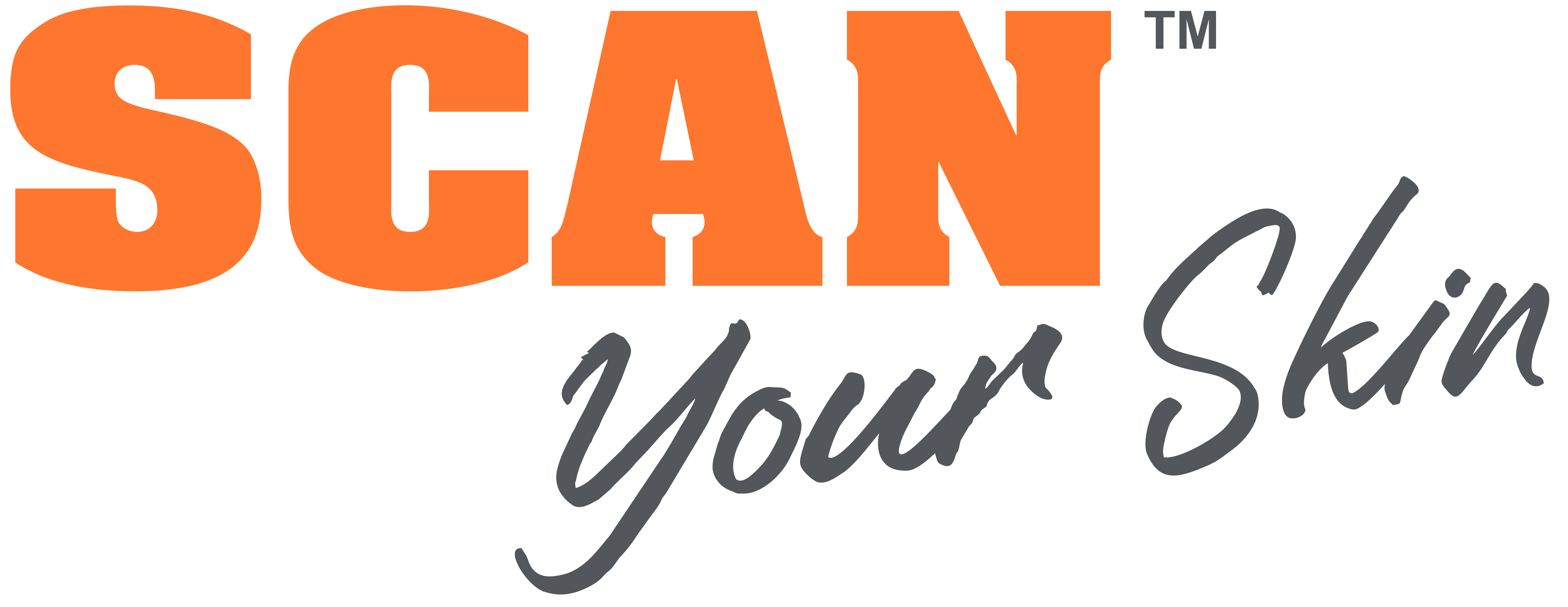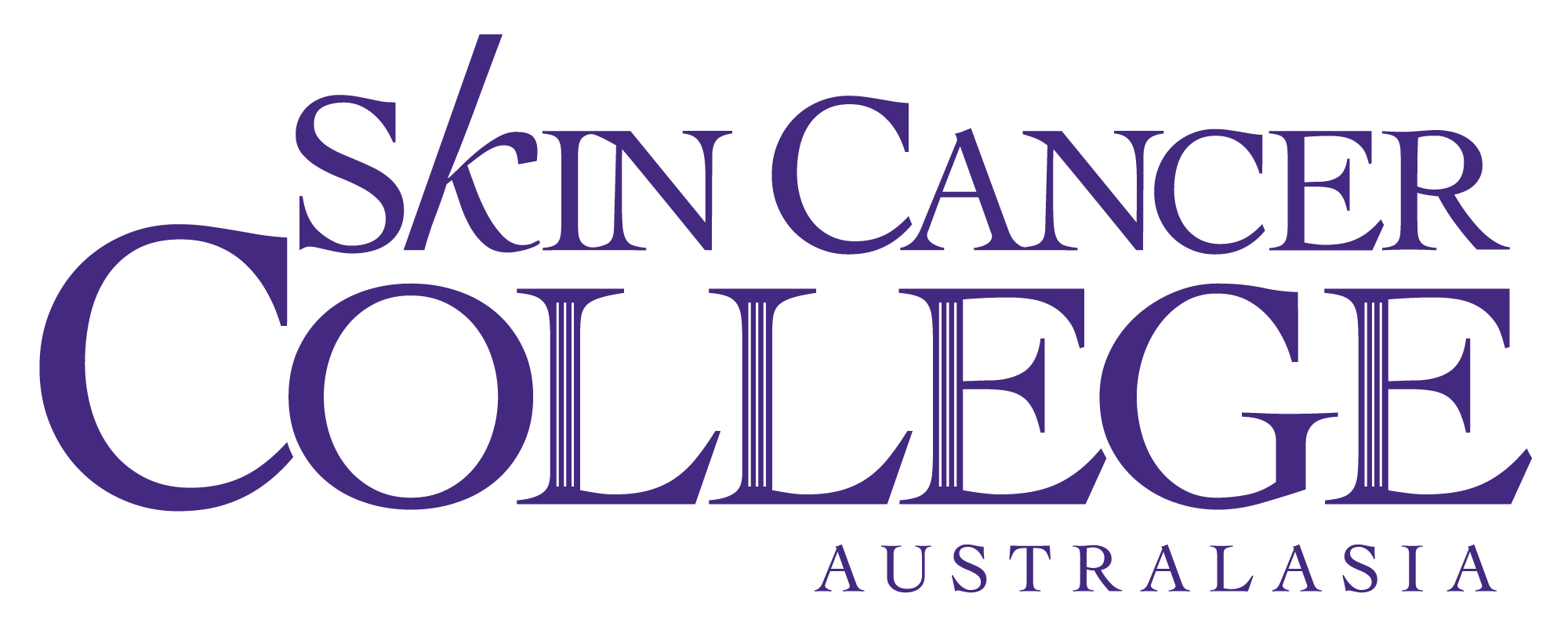Most of us know that protecting our skin from the sun is the most important step to preventing skin cancer…
- But what if your skin hasn’t always been protected?
- Maybe you can’t always avoid the sun?
- Or perhaps there is a history of skin cancer in your family?
Preventing skin cancer is also about knowing your risk level.
Did You Know?
- Australia and New Zealand have the highest incidence of skin cancer in the world.
- Skin cancers account for around 80% of all newly diagnosed cancers.
- More than 90% of skin cancers are caused by exposure to the sun.
- Melanoma is the most common life threatening cancer in the 15 to 44 year age group.
- Melanoma is the third most common life threatening cancer in both men & women overall.
- Melanoma is the third most commonly diagnosed cancer in Australia and fourth in New Zealand.
- Annually there are approximately 2040 melanoma deaths in Australia and 310 in New Zealand.
- Approximately 560 people in Australia and 157 in New Zealand die from other skin cancers each year.

Scan your skin and look for a spot or a mole that is…
Sore
A spot which is sore (scaly, itchy, bleeding, tender) and doesn’t heal within 6 weeks.
Changing
Changing in size, shape, colour or texture.
Abnormal
Looks different, feels different, or stands out when compared to your other spots and moles.
New
Has appeared on your skin recently. Any new moles or spots should be checked, especially if you are over 40.
What Should I know about Skin Cancer?
Preventing skin cancer is also about knowing your risk level. The most effective management is early detection and treatment.
It’s your doctor’s job to diagnose skin cancer, but you will know better than anyone else if something on your skin is Sore, Changing, Abnormal or New. Remember – together with sun protection, early detection is your best defence against skin cancer.




